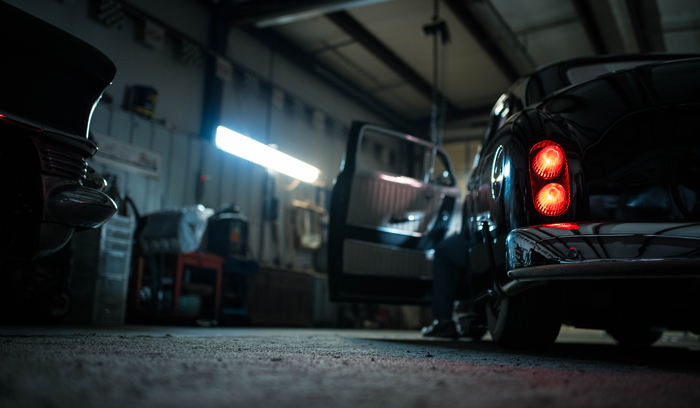Written By: Joseph Cescon and Brandon Pedersen, Summer Student

At law, certain relationships are recognized to give rise to a prima facie duty of care. It is a well-known fact and well-established point of law that a driver of a car who is at-fault owes a duty of care to a person who was injured as a result of the driver’s negligence. The reason for this is that a risk of personal injury after a driver’s negligent conduct (for example, being intoxicated while driving) is reasonably foreseeable.
In what circumstances might a property owner owe a duty of care to a thief who steals from their business? On the face of things, the notion that an innocent party could owe a duty of care to someone who steals from them seems illogical; however, last year, the Supreme Court of Canada revisited the question of foreseeability in establishing a duty of care.
In Rankin (Rankin’s Garage & Sales) v JJ,[1] two teenagers drank alcohol and smoked marijuana to the point of intoxication, and subsequently went to Rankin’s Garage in Paisley, Ontario. At the time, Rankin’s was an unsecured car dealership and mechanic property, where the teens found an unlocked vehicle with the keys in the ashtray. The two teenagers decided to go for a joyride, though the driver did not have a driver’s license and was drunk and high. As most could anticipate, the driver got into a serious single-vehicle accident, and the passenger suffered a catastrophic brain injury as a result.
After the Ontario Court of Appeal upheld the trial court’s decision that Rankin’s Garage was negligent, the Supreme Court of Canada was forced to conduct a thorough analysis to determine if a duty of care existed. In a split decision, 7-2, the majority for the Court determined that “this case [could] be resolved based on a straightforward application of existing tort law principles” by applying the Anns-Cooper test.[2] Based on the application of the test, the Court affirmed that what needs to be “reasonably foreseeable” is not only the risk of theft, but that the type of harm suffered – in this case, devastating personal injuries – was reasonably foreseeable to someone in the position of the thief, when considering the security of the vehicles stored at the garage. The Supreme Court of Canada ruled that a commercial car garage did not owe a duty of care to a person who was injured following the theft of a vehicle from its premises.
Implications for Tort Law
- The decision in Rankin’s demonstrates that risk needs to be assessed on a case-by-case basis, and a duty of care must be based on the reasonably foreseeable risk of harm rather than just a mere possibility of such harm. The outcome of Rankin’s is likely to result in greater attention being paid to the foreseeability inquiry in future negligence cases.
- While the majority’s decision clarified that a business will only be liable in this kind of situation where both the theft and the unsafe operation of the stolen vehicle should have been foreseen, it indicated that a defendant may still owe a duty of care even if a plaintiff participates in criminal activity.
- The question that remains is whether or not individual automobile owners owe a duty of care to those injured as a result of the theft of their car. The Rankin’s decision illustrates that cars are not inherently dangerous, and storing them (whether for commercial or personal reasons) will only create a reasonably foreseeable risk in certain circumstances.
Contact the lawyers at McLeish Orlando LLP for more information about your rights, and the options available to you.
[1] Rankin (Rankin’s Garage & Sales) v JJ , [2018] 1 SCR 587, 2018 SCC 19 (CanLII)
[2] Cooper v Hobart, [2001] 3 SCR 537, 2001 SCC 79





